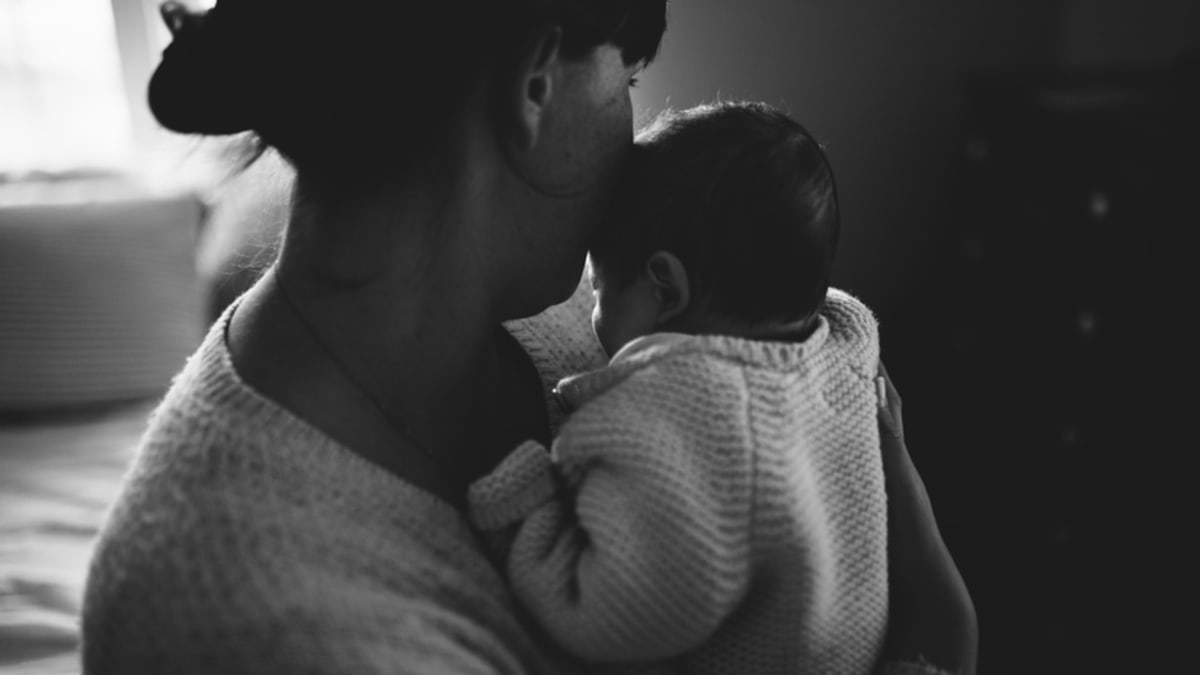Postpartum Experience, the Journey First-Time Mothers Dread to Walk

These changes are commonly known as “baby blues” which affect about 65% of people after giving birth. They include a feeling of emptiness, loneliness, sadness, crying a lot, insomnia and also feeling overwhelmed and hopeless at the same. This could even lead to depression if the situation continues for more than two weeks after giving birth which could affect the behavior of the mother.
This condition is caused by hormone changes. Thyroid hormone is a hormone that controls how the body uses energy, it becomes either overactive or underactive after giving birth which could make someone feel sick.
I happened to stay with a friend who had recently given birth, I was the only close person around her at the time of giving birth, and being a first-time mom, the first few days were difficult for her. I had not only to soothe the baby when crying but also calm the mother down as well since she spent most of the nights crying and she couldn’t sleep.
She got annoyed even with the smallest things. She could only say less which was unusual of her, at times she didn’t want to hold her baby and this was such a sad moment for us.
For a moment there I feared being a mother, but her mom advised us it's normal during the first few days for a mother to experience that, and it goes away after 3-5 days.
However, it is normal if it occurs within a few days but if it continues beyond that specified time, the mother should seek medical assistance as the condition now becomes postpartum depression which is a serious mental illness. At this time these mothers require a lot of attention, care, and motivation from their loved ones and friends.
Many people may assume that the young mother is just putting on an act and without this knowledge, a lot of people end up neglecting these mothers at the time they need them most.
Some of the symptoms include severe mood swings, feeling of no connection with your baby, anger, restlessness, fear of not being a good mother, and feeling unattractive especially because many people gain more weight after giving birth which is referred to as “baby fat”. the changes are all hormonal changes. at times mothers could also be suicidal.
According to the National Institute for Mental Health (NIMH), almost 15% of women experience postpartum depression after giving birth. This condition could last for even a year if not treated.
Some of the causes of postpartum depression include; a bad relationship with the father therefore at times they see the child as a mistake, financial issues where the mother is unaware of how she will be able to raise the child, previous depression, or if someone has a bipolar disorder, etc. Sometimes it can be genetically connected, for instance, if you have a family history of depression before and after pregnancy.
Women who experience postpartum depression sometimes end up refusing to breastfeed the baby and usually avoid contact with the baby and this requires even closer monitoring of the mother as she is prone to cause harm to the baby.
Postpartum experience is a serious issue that is regularly given less attention and most young mothers are left to deal with it on their own. However, experts have stressed enough that it comes with various and serious impacts on new mothers.
Therefore, mothers who give birth are called upon to seek help if the “baby blues” symptoms persist after the specified time. experts also say postpartum depression is treatable through therapy and medicine. To prevent a similar situation to recur in the future Family and friends are also urged to engage in communication with the new mothers. Make them feel loved and appreciated, and also ensure they have a good diet.




